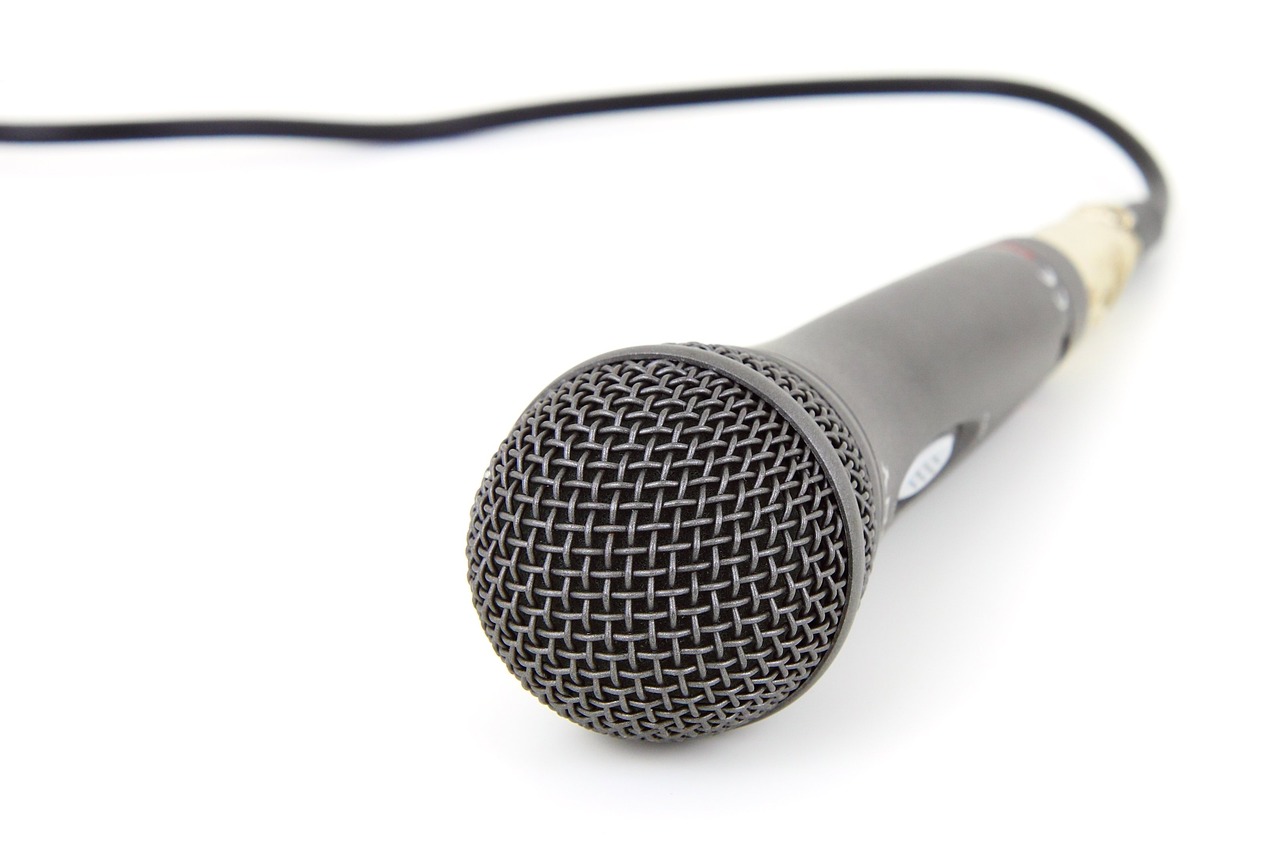The Future of Health Monitoring Wearables: From Fitness Trackers to Medical Devices
Wearable technology has revolutionized the way we monitor our health. From basic step counters to sophisticated devices tracking heart rate, sleep patterns, and even stress levels, wearables have come a long way. These devices have empowered individuals to take charge of their health in a more proactive and personalized manner.
The evolution of wearable technology in health monitoring has also paved the way for seamless integration with smartphones and other gadgets. This connectivity allows for real-time data tracking and analysis, providing users with valuable insights into their overall well-being. As wearables continue to advance, the future holds even more innovative possibilities for improving health outcomes and promoting wellness.
The Role of Wearables in Preventive Healthcare
Wearable technology has become an integral part of preventive healthcare, enabling individuals to monitor their health metrics in real-time. These devices, ranging from smartwatches to fitness trackers, offer insights into daily activities, exercise levels, heart rate, sleep patterns, and more. By tracking these data points consistently, users can identify potential health issues early on and take proactive steps to maintain their well-being.
The convenience and accessibility of wearables make them particularly effective in promoting preventive healthcare. With continuous monitoring and personalized feedback, individuals are empowered to make informed decisions about their lifestyle choices and healthcare management. As these devices continue to evolve with advanced sensor technology, their role in preventive healthcare is expected to expand further, enhancing the overall quality of life for users.
• Wearable technology allows individuals to monitor health metrics in real-time
• Devices range from smartwatches to fitness trackers
• Offer insights into daily activities, exercise levels, heart rate, sleep patterns, and more
• Tracking data consistently helps identify potential health issues early on
• Users can take proactive steps to maintain their well-being
The convenience and accessibility of wearables make them particularly effective in promoting preventive healthcare. With continuous monitoring and personalized feedback, individuals are empowered to make informed decisions about their lifestyle choices and healthcare management. As these devices continue to evolve with advanced sensor technology, their role in preventive healthcare is expected to expand further, enhancing the overall quality of life for users.
Advancements in Sensor Technology for Health Monitoring Devices
In recent years, we have witnessed significant strides in sensor technology for health monitoring devices. These advancements have led to more accurate and real-time data collection, allowing for better insights into an individual’s health status. From heart rate monitors to blood glucose sensors, the sensors embedded in wearable devices have become more sensitive and reliable.
Moreover, the miniaturization of sensors has enabled their integration into smaller form factors, making them more comfortable for everyday wear. This has paved the way for continuous monitoring of various health parameters without causing inconvenience to the user. As sensor technology continues to evolve, we can expect even more sophisticated devices that provide comprehensive health data to users and healthcare professionals alike.
What are some examples of wearable health monitoring devices?
Some examples of wearable health monitoring devices include fitness trackers, smartwatches with health tracking features, and medical-grade wearables for specific health conditions.
How do wearables contribute to preventive healthcare?
Wearables provide continuous monitoring of vital signs and activity levels, helping individuals detect early signs of health issues and make proactive lifestyle changes to prevent future illnesses.
How have advancements in sensor technology improved health monitoring devices?
Advancements in sensor technology have enabled health monitoring devices to provide more accurate and detailed data, such as real-time monitoring of blood pressure, blood glucose levels, and even ECG readings. These advancements have also led to smaller and more discreet devices that are comfortable to wear for extended periods.
Are health monitoring devices safe to use?
Generally, health monitoring devices are safe to use for the general population. However, individuals with specific medical conditions should consult with their healthcare provider before using these devices to ensure they are suitable for their needs.
Can health monitoring devices replace regular visits to healthcare professionals?
Health monitoring devices can provide valuable insights into an individual’s health status, but they are not a substitute for regular visits to healthcare professionals. It is important to combine the data from these devices with professional medical advice and check-ups for a comprehensive approach to healthcare.





